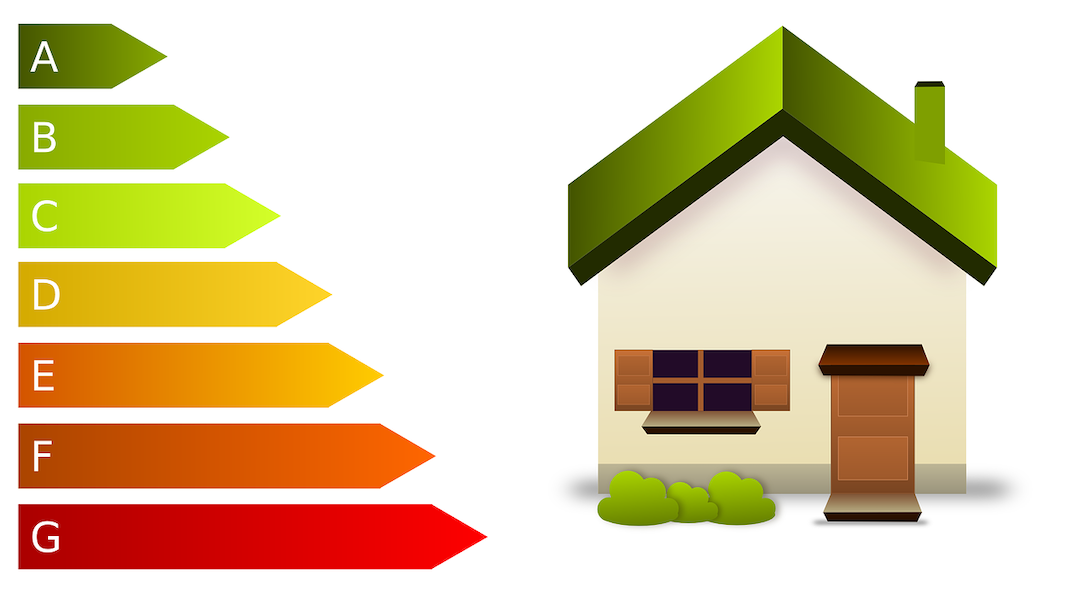Recent findings from the Better Buildings Partnership raise serious questions about the efficacy of energy efficiency ratings used in the United Kingdom.
The study found that buildings that have received the highest rating—an A Energy Performance Certificate—use more energy than some of their peers rated C, D, E, or F. The analysis of self-reported energy data in 2020 for more than 1,100 commercial properties found that the median energy intensity for all B-rated buildings is higher than for C-rated buildings.
The disparity between how buildings are designed and their actual greenhouse gas emissions is widespread in the U.K. The findings are in line with past evidence that green building certifications based on predicted energy use don’t necessarily translate to energy savings in the field.
Some studies have found that LEED certification yields better energy efficiency, but others have found that certified buildings use more energy than non-certified buildings. The U.S. Green Building Council maintains that its own research shows certified buildings are overall more efficient.
Part of the explanation for the disparity between ratings systems and real-world results could be due to the limitation of assessments that only predict potential energy efficiency. In practice, building management systems may not be set up or used properly. In addition, people sometimes undo the efficiency design by bringing fans into buildings or installing additional air conditioners.
Related Stories
Codes and Standards | Feb 16, 2016
New York City implements new crane safety plan following deadly accident
The plan includes restrictions on crawler cranes during windy conditions.
Resiliency | Feb 16, 2016
Obama establishes federal earthquake risk management standard
The standard requires federal agencies to use earthquake-resistant design provisions in current building codes.
Codes and Standards | Feb 12, 2016
ISO releases national assessment and state-by-state building codes evaluation
Report covers 87% of U.S. population.
Codes and Standards | Feb 12, 2016
Huge fraud case involving alleged engineering impostors uncovered in California
Hundreds of buildings may have to be demolished.
Codes and Standards | Feb 11, 2016
New York governor makes emergency design-build authorization
The declaration was issued in response to Winter Storm Jonas which dumped over 18 inches of snow in parts of the state.
Green | Jan 29, 2016
USGBC names top 10 states for LEED green building
Illinois leads the list for the third straight year.
Codes and Standards | Jan 25, 2016
Dept. of Energy releases decision guides for plug and process loads
Plug and process loads consume about 30% of the primary energy in U.S. commercial buildings today.
Codes and Standards | Jan 22, 2016
ConsensusDocs releases new multi-party IPD agreement and joining agreement
The documents serve as a comprehensive revision of previous IPD agreement
Codes and Standards | Jan 22, 2016
State Savings Calculator analyzes savings associated with energy codes
The calculator breaks down the cost-effectiveness of energy codes on a state-by-state basis.
Codes and Standards | Jan 22, 2016
Metal Roofing Seaming Guide published by Metal Construction Association
The free document is specifically tailored for metal roof installation.

















